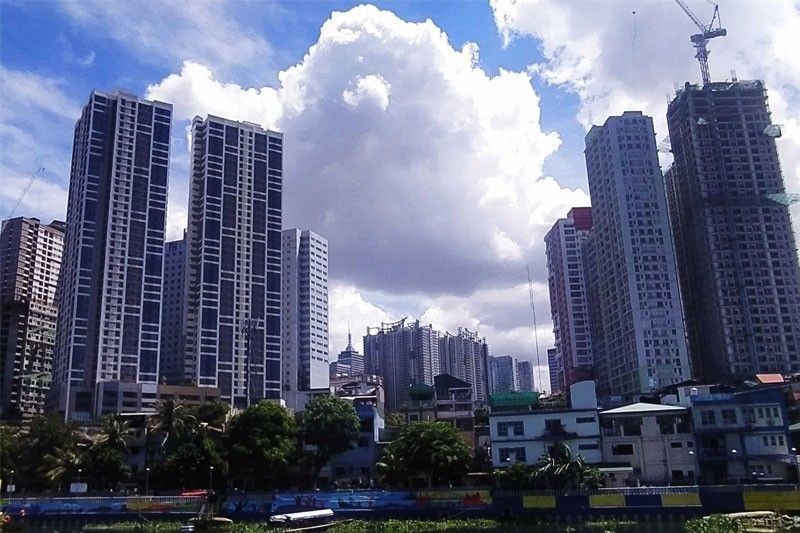Economy has to reopen more, says DOF chief

MANILA, Philippines — The country’s financial position is still “good” despite the pandemic, but strict quarantine restrictions are holding back the economy, according to the Department of Finance (DOF).
Speaking during a meeting of the government’s pandemic task force last Monday, Finance Secretary Carlos Dominguez III said the government has enough funds to plug the country’s budget deficit.
Dominguez said the Bureaus of Internal Revenue and Customs are doing a “good job” as they were able to collect P1.821 trillion in the first nine months, higher than the government’s estimate of P1.682 trillion.
State revenue collection, however, was lower by 12 percent compared with the figure last year because of less business activity.
Dominguez also reported that about 70 percent of the government’s borrowings came from the local market while about 30 percent came from abroad.
The Bangko Sentral ng Pilipinas, according to the finance chief, has provided a lot of liquidity to the banks and to the local market, allowing the national government to borrow locally.
State-owned companies are also remitting dividends to the government, contributing P65 billion in 2019 and about P130 billion this year.
“So we are in good financial position and we can finance the deficit that we have, so we have not cut the budget. We also don’t cut the budget because if you cut the budget, you will make the situation even worse,” Dominguez said.
He added that people would lose their jobs and the government would not be able to implement its projects if the national budget is reduced.
The DOF secretary also noted that measures like the tax reform and rice tariffication laws have helped the Philippines manage the impact of the COVID-19 crisis.
“We have a good economy. What is happening is that... this very strict quarantine is holding it back. We have to really open the economy more,” Dominguez said.
The government imposed lockdowns in entire regions during the early months of the pandemic to prevent the spread of the virus, forcing many businesses to close, displacing thousands of workers.
Because of lockdown restrictions, the Philippine economy contracted by a record 16.5 percent in the second quarter, entering into a recession or two consecutive quarters of economic contraction, for the first time in 29 years.
The administration is now easing quarantine restrictions to allow the gradual reopening of businesses and to revive the pandemic-battered economy.
Lockdowns are now limited to specific areas to promote business activity, but minimum health measures are still being enforced to contain the disease.
Earlier this month, the government’s pandemic task force issued Resolution 76, which stated that the tightening of community quarantine levels would be reserved as a last resort to address the rising COVID-19 situation in an area.
The government is now putting more emphasis on improving hospital care capacity, implementation of minimum health standards and strict observance of safety protocols.
Proactive
For the World Health Organization (WHO), the Philippines is “proactive” in implementing non-pharmaceutical interventions against COVID-19, but much still has to be done to combat the virus.
At a press conference, WHO Representative in the Philippines Rabindra Abeyasinghe said the country is also “proactive in ensuring that there are mobility restrictions.”
As the WHO has been saying at the start of the pandemic, however, Abeyasinghe noted that there is a need to implement comprehensive response against COVID-19 in the absence of specific medicines or vaccines.
This response pertains to non-pharmaceutical interventions such as “early diagnosis, contact tracing and management of positives by early isolation and quarantining of close contacts,” he said.
“So when we look closely at the situation in the Philippines, the Philippines has done a lot of those things,” he added.
Abeyasinghe, however, underscored that “there’s still room for improvement on the harmonized, speedy contact tracing and management of close contacts and early isolation of positive individuals.”
He cautioned that delays in doing these things “have resulted in more secondary cases happening and more secondary transmission occurring.”
“So as the government continues to improve its response, there are now measures in place to strengthen these aspects and we believe that that is now contributing to the gradual decline in transmission,” he said. – Sheila Crisostomo
- Latest
- Trending






























